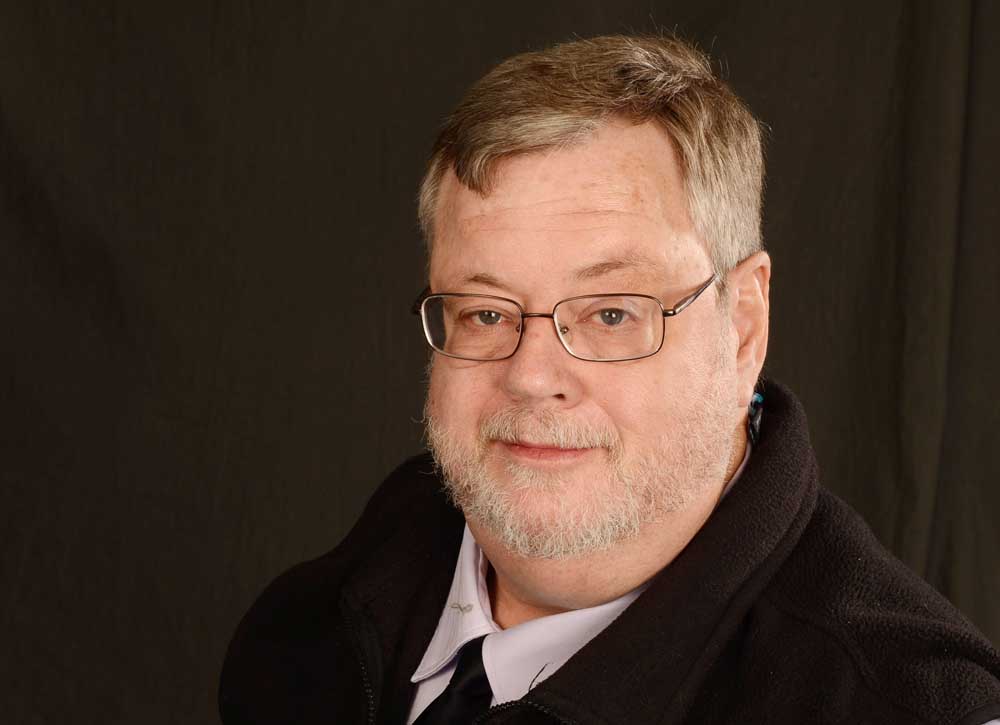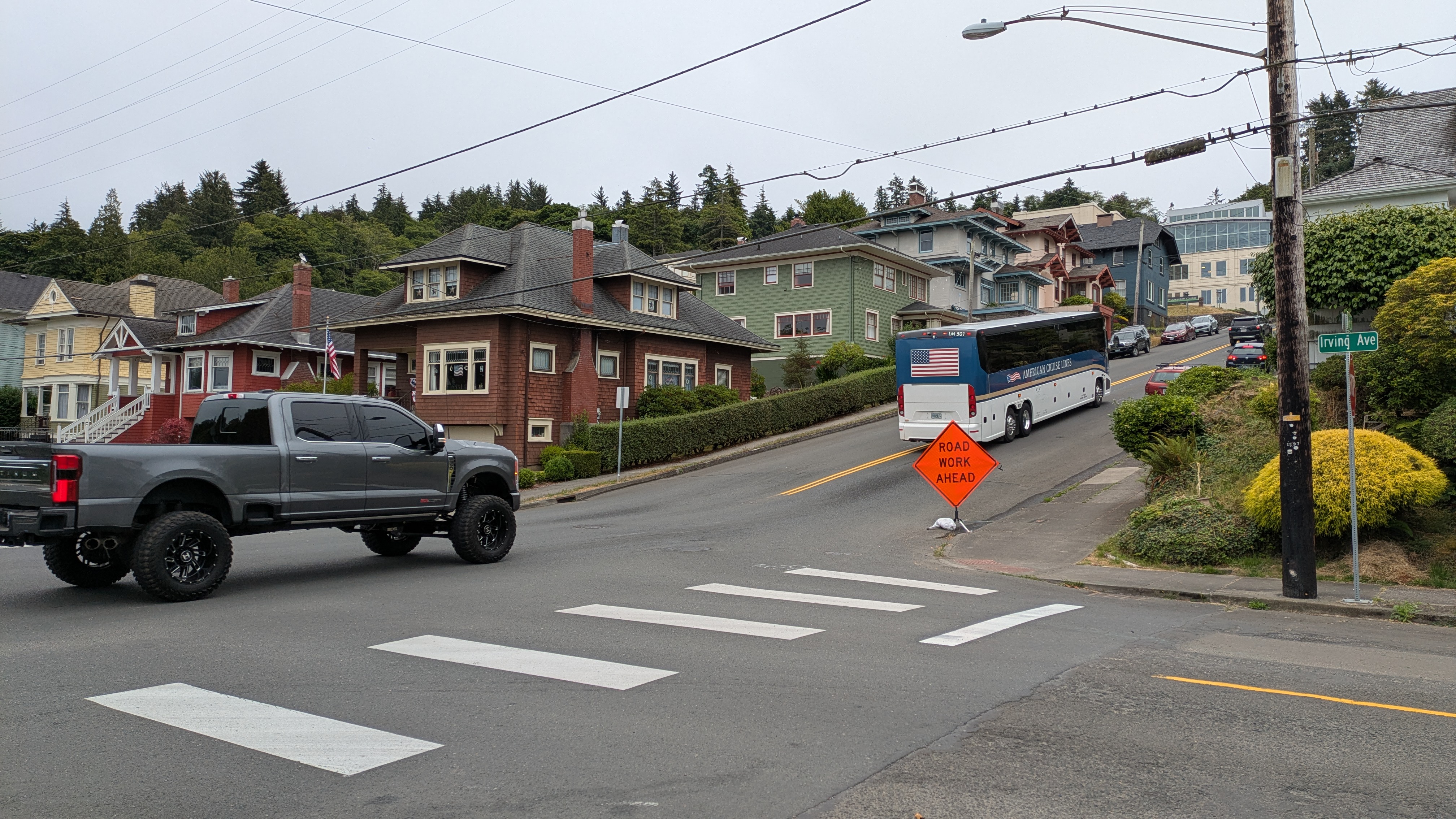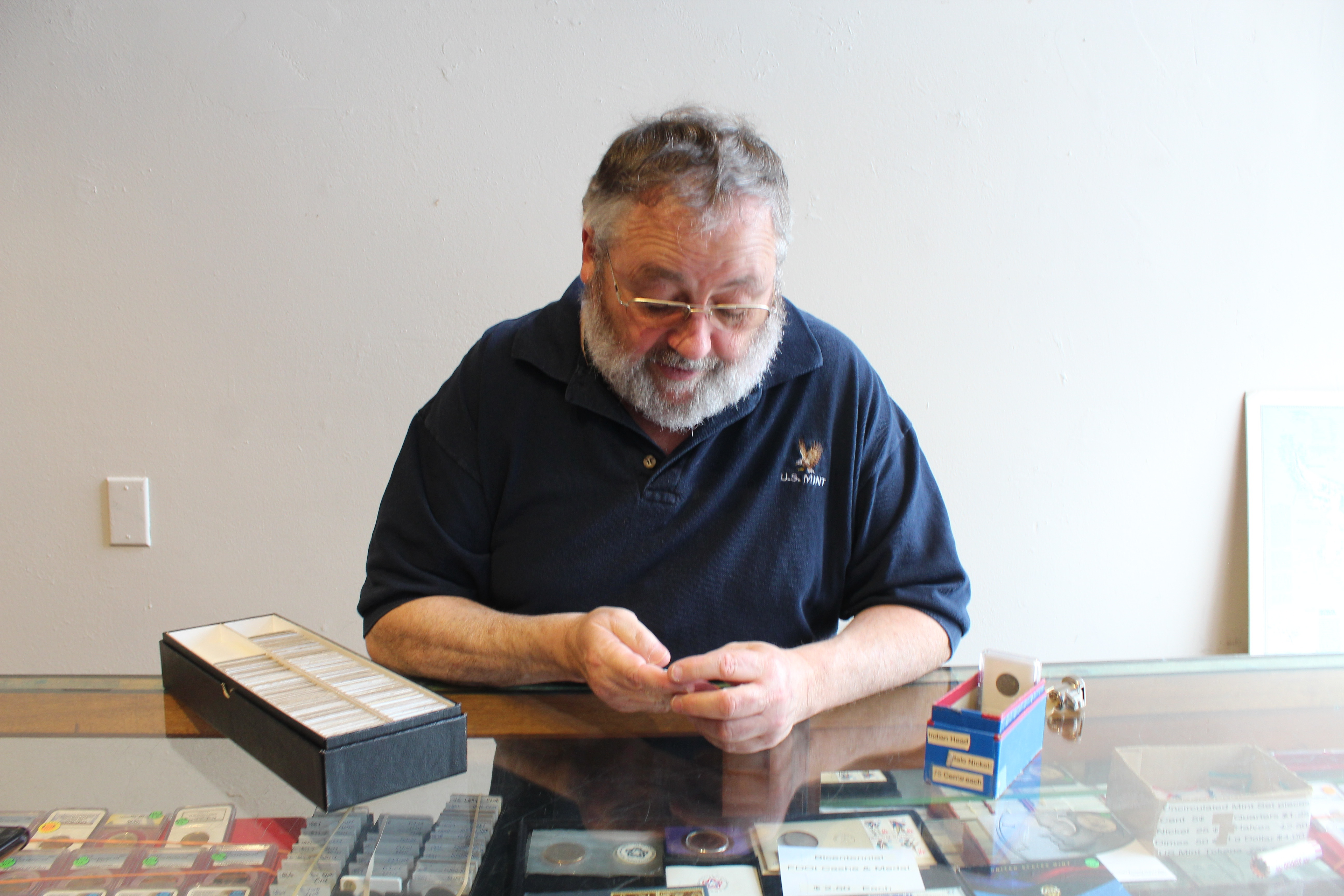Guest Column: An independent twist
Published 12:30 am Tuesday, January 26, 2021

- Dick Hughes
A third political party has joined the Oregon Legislature. State Sen. Brian Boquist, of Dallas, switched from Republican to being a registered voter with the Independent Party of Oregon.
Trending
The 90 members of the Legislature now line up as 55 Democrats, 34 Republicans and one Independent.
This won’t change the outcome of most legislation. Boquist remains committed to Republican values, including fiscal conservatism and small government. But he says other legislators have talked with him about making a similar switch in parties in an effort to find common ground instead of being mired in continuing divisiveness and partisanship.
There long have been centrist legislators who worked outside their party caucuses to look for common agreement instead of advancing partisan agendas. As I’ve reported, Rep. Marty Wilde, D-Eugene, and others redoubled those efforts in the fall.
Trending
Boquist defies pigeonholing. He’s described himself as a constitutional Republican. He’s worked across party lines on a range of issues, including transportation. Throughout his political, military and business careers, he’s shown no qualms about speaking his mind.
He regularly introduces constituents’ bills he knows he’ll vote against, believing the ideas deserve airing even if he doesn’t agree. To tweak gun-control Democrats, in 2013 he presented a bill to require background checks for knife sales.
He gained national notoriety in 2019 when he warned Oregon State Police against forcing his return to the Capitol when Republican senators walked out. A big deal was made at the time but it petered out.
Speaking of unity: Boquist’s Senate District 12 comprises the House districts represented by Republicans Ron Noble, of McMinnville, and Mike Nearman, of Independence.
Rep. Teresa Alonso León, D-Woodburn, opened the first House session last week by leading the Pledge of Allegiance. Noble then gave a thoughtful five-minute address on collaboration and unity:
“Oregonians embrace the idea that differing opinions and ideas should have equal voice. Although we still have a long way to go to ensure that all voices truly are equal, that still remains our goal. That includes different views on how and why the government, any government, should be involved in our lives. How much individual autonomy and freedom do we sacrifice in the interest of the collective good. And how much do we restrict the good actors in order to restrain the bad actors.”
Noble called on his House colleagues to overcome the politics of division.
“I join others in a call for unity and healing,” he said. “We have an opportunity to lead by example.”
As for Rep. Nearman, the House Conduct Committee notified lawmakers and others that he would be in the building on Thursday. He is being investigated in regard to protesters entering the closed Capitol during the Dec. 21 special session.
The notice stated: “This email is to provide buildingwide notice that Representative Mike Nearman will be entering the Capitol on Thursday January 21st. You are receiving this notice as part of an ongoing LBPR 27 interim safety measure. Retaliation toward any person participating in an ongoing investigation is prohibited.”
Questions legislators should ask: In a recent guest column, I talked about how to evaluate legislators’ effectiveness.
Retired lobbyist Dave Fiskum, who was well-respected in his time around the Capitol, responded with four questions that he believes legislators should continually ask as they consider bills:
1. What is the problem for which a proposed policy or action is deemed to be the solution?
2. Is there an appropriate role for government to play?
3. If there is, what does the state expect to get for the money it is spending — in other words, what is the expected return on investment?
4. How will state government action affect the private sector, especially individual and corporate taxpayers on whom the state depends for money to fund its operations?
“In my experience,” Fiskum wrote, “these questions are seldom asked or answered.”









